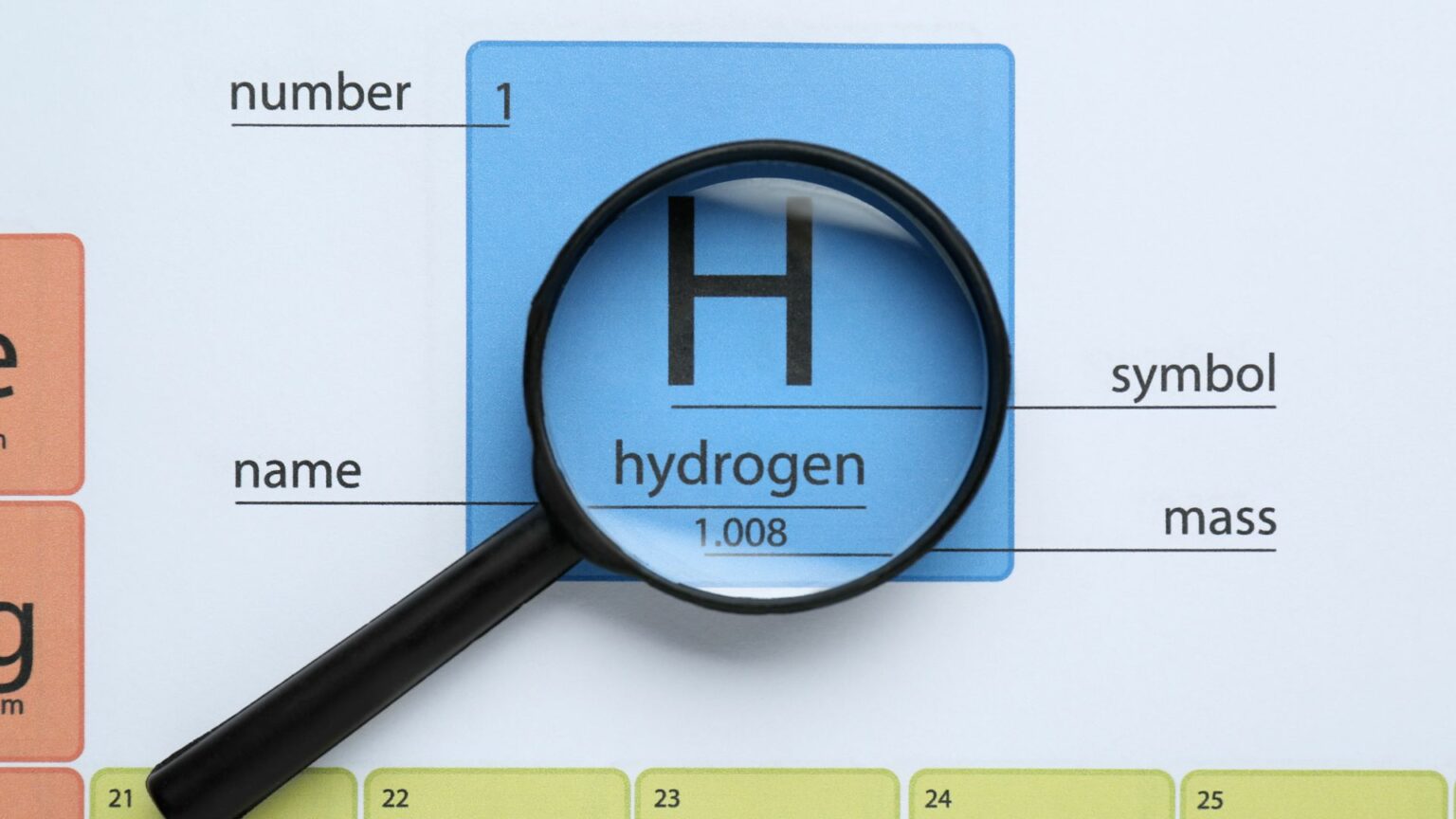Uniper has terminated its long-term gas supply contracts with Gazprom Export, marking a significant shift in its energy strategy.
This decision follows an arbitration tribunal ruling on June 7, which granted Uniper the right to terminate the contracts and awarded over €13 billion in damages for gas volumes not supplied since mid-2022.
Uniper’s decision to end its relationship with Gazprom Export came after a prolonged period of limited gas deliveries, with no gas volumes received since the end of August 2022. Despite this, the contracts, which were set to last until the mid-2030s, remained legally binding. The arbitration tribunal, seated in Stockholm and ruling under Swiss law, resolved the dispute in Uniper’s favor. This resolution is a critical juncture in Uniper’s ongoing efforts to diversify its energy portfolio and reduce reliance on Russian gas.
Uniper’s move aligns with broader trends in the energy sector, where companies are increasingly divesting from Russian energy assets in response to geopolitical tensions and supply uncertainties. For instance, other European energy giants, including Shell and BP, have also taken steps to sever ties with Russian entities. Uniper’s termination of these contracts underscores the urgency and complexity of transitioning to more secure and sustainable energy sources.
In the wake of these developments, Uniper has aggressively pursued diversification of its gas supplies. The company has expanded its global LNG portfolio and secured pipeline gas from various regions, mitigating the risks associated with dependence on any single source. Michael Lewis, CEO of Uniper, highlighted these strategic shifts as part of a series of consistent decisions over the past three years, including divesting from Nordstream 2 and other Russian assets.
Uniper is also at the forefront of green hydrogen innovation with its “living laboratory” in Bad Lauchstädt, Germany. This initiative aims to test a complete green hydrogen value chain—from production to storage, transport, and marketing—on an industrial scale. Central to this project is a 30 MW electrolysis plant powered by green electricity from a nearby wind farm.
Uniper’s green hydrogen project compares favorably with similar initiatives worldwide. The integration of existing infrastructure for hydrogen transport, such as the 25 km pipeline being constructed by ONTRAS Gastransport GmbH, is a notable advantage. By leveraging current assets, Uniper reduces the need for new investments, enhancing the project’s economic viability. This approach mirrors efforts by other industry leaders like Air Liquide and Linde, which are also developing large-scale hydrogen infrastructure projects.
The completion of the electrolysis plant by mid-2025 will mark the beginning of intensive research projects at the living laboratory. These efforts aim to build extensive expertise across the entire hydrogen value chain, positioning Uniper as a key player in the energy transition and decarbonizing industrial sectors in central Germany.
In addition to its hydrogen initiatives, Uniper is expanding its renewable energy portfolio. The company recently entered into a development partnership for a 600 MW onshore wind power project in Poland. This venture underscores Uniper’s commitment to achieving over 80% zero-carbon installed power generating capacity by 2030, aligning with global sustainability goals.





